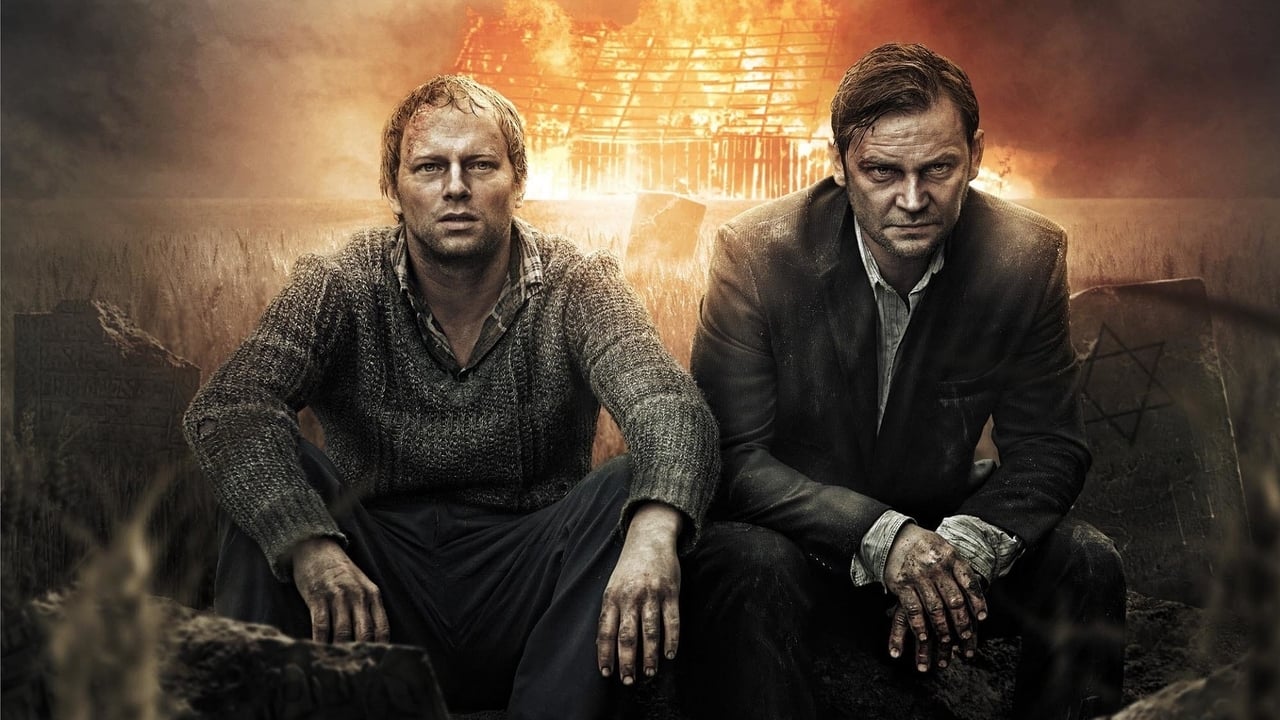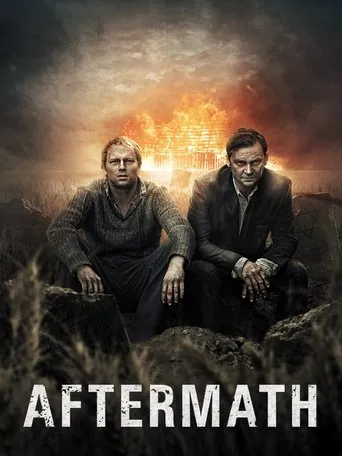

Unfortunately this movie was used as propaganda tool from two opposite sides. I'd recommend not to seek any relationship to any facts as you won't find any. Simply enjoy the movie for what was created - an artistic value with universal message.I was not aware of Poland banning this movie. As a matter of fact there were some Poles (too many) that sold out Jews to Germans. There were many (too many)Poles executed along with the whole family for hiding Jews.In Yad Vashem majority of trees, symbolizing those who saved Jews, have Polish names. As a matter of fact most of these trees symbolize Polish families. It should be many, many more, but some Poles decided to take an award from God, never from people.My father was risking his life by smuggling grain in a street car passing through ghetto. The bags were hidden in the motor compartment and at some secluded spots he was ripping these bags open. Little kids were swarming around grain and quickly filling their cans. For them it was the only meal the whole family could have. I don't think he ever heard "thank you" for doing it, however he enjoyed living the life of a decent man.
... View MoreIt is said that history cannot be buried under the ground. It always comes out of its own accord in the future to talk about the past. This is something which viewers witness in "Aftermath" which has been set as a fast paced thriller. The story is told through the turbulent lives of two brothers Franek and Jozek who experience how their peaceful life in a small polish village is completely transformed once they come across some horrible secrets involving murders of their Jewish neighbors during second world war. Pasikowski's film succeeds from the beginning as it fights against a lot of clichés. Firstly, it is absolutely harsh against the belief that let the secrets remained buried as it would be in the interest of everybody if their currently status quo is maintained and not disturbed in future. This is not something which Kalina brothers are willing to accept readily as it was not on their minds to let the secrets be buried. They were fully aware of consequences they would have to face if they went ahead with their scheme of unearthing secrets. In this manner, Kalina brothers-Franek and Jozef make it explicitly clear that truth must come out regardless of the anguish and pain it might cause to anybody who is not able to digest it. Although the villagers are not shown in a negative light but director Pasikowski is upright when he shows that there is a lot of resentment in the minds of local people about its inhabitants who have left for USA. The role of church as depicted in this film is rather ambiguous as the local priest chose to remain neutral at a time when a lot could have been done by him to assuage sufferings. The religious angle gets prominence when the younger brother sacrifices himself in the same manner as Jesus Christ to atone for sins committed by his father. It is rather unfortunate that upon its release in Poland, Aftermath was embroiled into unnecessary controversy. One fail to understand what led some Polish people to accuse this film of being an anti Polish propaganda. Lastly, as freedom of expression is needed to understand the greatness of all works of art, it is hoped that the ban on "Aftermath" in some Polish cinemas would soon be lifted.
... View MoreThis is a very good movie. Deeply tragic, terribly honest, unbearably truthful, impossibly merciless. he very topic of Holocaust has been closely watched, studied and discussed, but here we do not have the scale of Spielberg's Schindler's List, or bare wound of Polanski's Pianist. Here we see a minor case, nevertheless, not a bit less painful or decent. The story of two Kalina brothers in a small Polish village (which is shown so vividly and so exact) seems to be a bit slow at first, but then the tempo of the film gets faster, the events get more and more tragic, and people become more and more horrible. This is a fictitious village, but the story itself is of Jedwabne origin, with local population taking part in killing all local Jews just to be commended by Nazis. The very fact that the movie was prohibited in some Polish Gminy (regions), and harshly attacked by nationalists shows how very true it is and how precisely it hit the tee. Ireneusz Czop as Franciszek Kalina, Maciej Stuhr as Józef Kalina, brother of Franciszek, Jerzy Radziwiłowicz as the rector, Zuzana Fialová as Justyna, granddaughter of Sudecki, Andrzej Mastalerz as Janusz Pawlak, Zbigniew Zamachowski as police Sgt. Włodzimierz Nowak, Danuta Szaflarska as the elderly herbalistall these actors did a marvelous and very deep performance, and the very core of the problem is shown extremely well. Thye final discovery is so tragic for Kalina Brothers, so bad, so terrible to know, that one of them cannot bear the truth anymore, and the other does what he really has to. The final scene with Jewsish relatives of murdered locals is deeply sad, touching, and really great. I highly recommend this excellent film and commend it 10 out of 10. This is a superb work of Wladyslaw Pasikowski - he did his real best.
... View MoreI feel sad for the review where one feels attacked and is explaining at length how this movie makes all Polish anti-semites. This is merely silly of course. History doesn't change by denying it. Painful but true, who ever survived the German camps and made it back was to find everything taken from them. It's a part of history and nobody has to be offended when movies are based on our gruesome events. It's no generalization. About the movie: excellent cast, excellent story build up and absolutely worth your time. Even for those not interested in the historical part. While the story unfolds there is a intense sense of claustrophobia as the small town has to let go of generations old secrets. Daring script and great pacing.
... View More